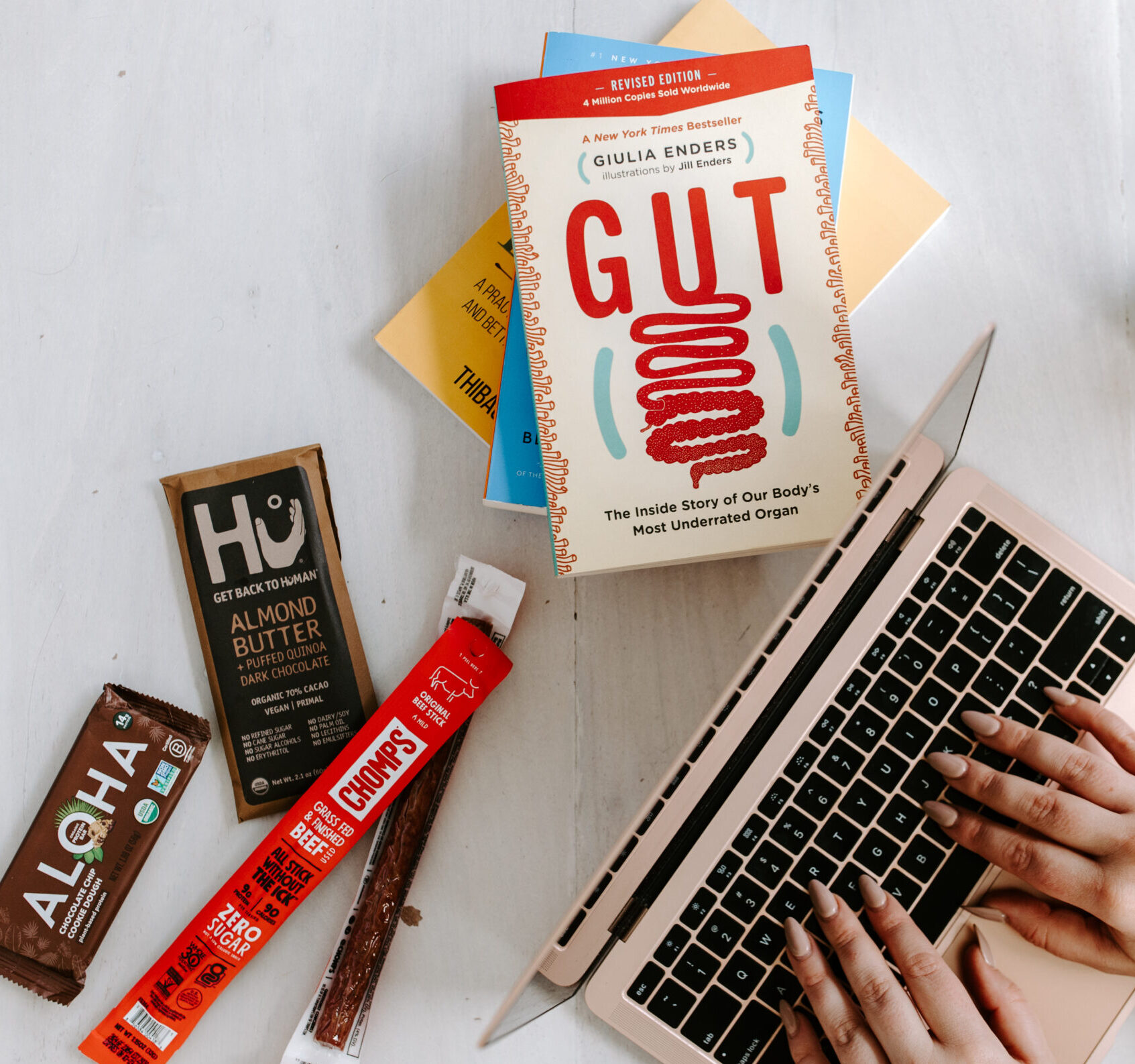Do you feel (very) sensitive to foods – but can’t seem to pinpoint what foods you’re the most sensitive to?
More specifically … do your food sensitivities feel random?
What if I were to tell you that despite feeling like you have multiple food sensitivities, it might not be food sensitivities at all – and rather, you might have high histamine, otherwise known as a histamine intolerance?
This making you feel insanely sensitive to many foods – with your “big triggers” changing by the day.
Now, that I’ve sparked curiosity – lets dig into what it means exactly to have a histamine intolerance.
What is histamine?
Histamine is a protein in all tissues – made by mast cells, basophils, platelets, and other cells and is RELEASED upon stimulation.
But before we give histamine a bad name, it’s important to know it has great value in the body:
- it’s important during healing
- it alerts the body of environmental danger (ie allergic reactions)
- it’s important for combating pathogens
- it’s important for gut motility
- it’s important for stomach acid secretion
Histamine sounds pretty fabulous doesn’t it … so when does histamine become an issue?
1. Histamine overload
2. Failure to break down histamine
This equaling high histamine or a histamine intolerance.
Symptoms of a high histamine/ histamine intolerance:
- Headaches, dizziness, motion sickness
- Skin issues like eczema and psoriasis
- Stomach cramping, bloating & diarrhea
- Hot/ itchy after eating
- Especially sensitive to eggs, chocolate, fish, fermented foods, & dairy
- Sensitive to probiotic supplements
- Intolerant to alcohol
- Sneezing, nasal congestion, puffy/ itchy eyes
If you resonate with any of the symptoms above, uncovering and addressing the root cause of high histamine will be essential for achieving symptom freedom.
How to address the root cause(s) of high histamine:
You will want to first question what’s causing histamine overload and/ or what’s preventing it from being broken down?
What may cause the build-up of histamine?
- Specific bacteria in the gut, one being morganella, are histamine releasers, as are specific medications, mold toxicity, specific foods, alcohol, specific probiotics (lactobacillus) and the process of digestion alone. (Remember histamine does have value)
What may prevent the breakdown of histamine?
- The gut is a major extracellular exit for histamine. This meaning, if the gut is distressed, you’re more likely to have histamine symptoms (overgrowth, infections, pathogens, etc). Plus, certain meds, specific mineral deficiencies like calcium, and poor methylation may play a role in breakdown as well.
Do you have to eliminate high histamine foods …. forever?
A common misconception is thinking that when you have a histamine intolerance, you need to give up high-histamine foods. A longterm elimination diet if you will. But remember, histamine has value and all foods release histamine – some just more than others. The problem here isn’t the food – it’s the fact that there is an overload of histamine in the body and failure to break it down.
If approached from a true root cause lens, you do not have to follow a strict elimination diet to address a high histamine or a histamine intolerance.
How do you test for a histamine intolerance?
There is no perfect test for testing for a “histamine intolerance” – however the right testing is essential for uncovering a high histamine case.
Let me explain:
You can test blood histamine levels via bloodwork, but this only tells one part of the story and can be easily influenced by medications. Therefore, it’s not a reliable marker all by itself. I clinically test blood histamine AND test for what’s driving up histamine and what’s preventing breakdown.
Testing I run with high histamine cases:
- Comprehensive blood labs (histamine, homocysteine, iron panel, copper, vitamin A, etc)
- Mineral testing (Hair Tissue Mineral analysis)
- Stool testing (GIMAP)
- If case appropriate:
- Mold testing (Mycotoxin testing)
- Urine Iodine testing
- Hormone testing (DUTCH)
Your brain is likely spiraling right now, so let’s break it down:
1. What symptoms are you experiencing – are they histamine-related?
2. Find a practitioner who is well-versed in addressing high histamine.
3. Implement the steps needed to move forward to achieve symptom freedom & tolerate high histamine foods with ease again.
Next steps:
To pinpoint and address the root cause(s) of a histamine intolerance, the right testing and interpretation will be important. If looking for support – my 1:1 program The Legal Method is a high-touch nutrition coaching program with multiple levels of functional testing.








Comments +